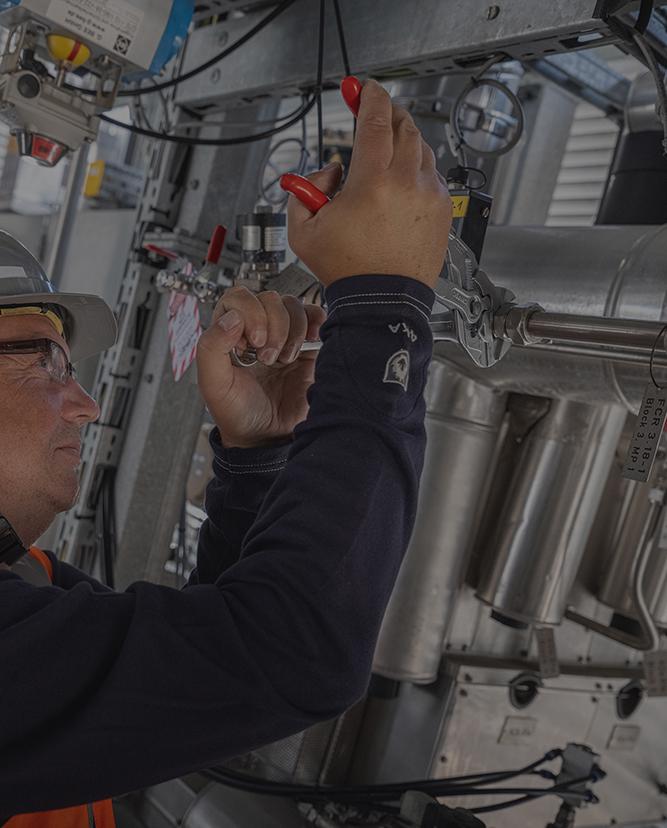We are committed to superior quality and lowest LCOH for our customers. As Electrolysis OEM+, we take a holistic approach to project execution that includes a comprehensive customer support
High-quality electrolyzers – made in Europe
100% customer-focused project execution
Industry-proven technology optimized for efficiency
Green H₂ ecosystem & supplier network
